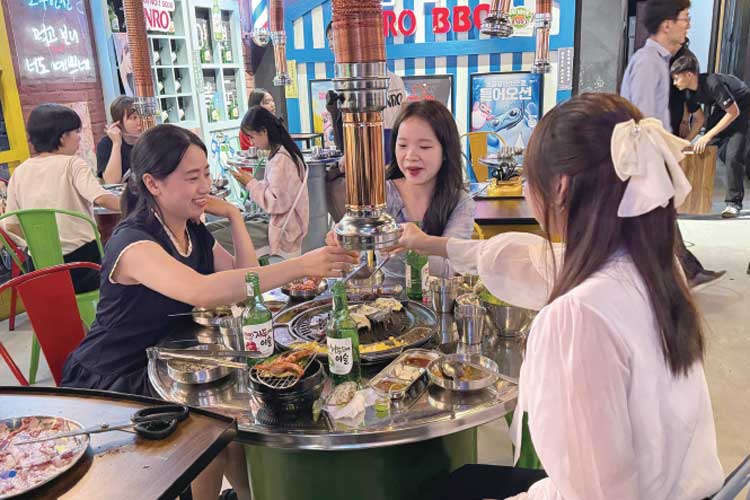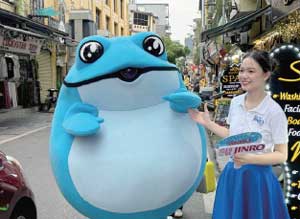Shopping for vegan food in Japan isn’t easy, but if you know what to look out for, then even the humblest supermarket can yield some delicious plant-based treats.
Sometimes buying vegan products in Japanese supermarkets can feel like an impossible task. Plant-based diets are far from mainstream, and many Japanese people are unfamiliar with what the word ‘vegan’ actually means. Even Japanese dishes centered on plant-based ingredients are frequently seasoned with dashi (fish stock) and other ingredients derived from animal products.
All of this can make shopping for vegan food in Japanese supermarkets a considerable challenge, especially since some vegan-friendly products are not labeled as such. But with a little research, it is possible to find what you’re looking for. This guide to vegan supermarket shopping is here to get you started.
Where To Shop For Vegan Food Products
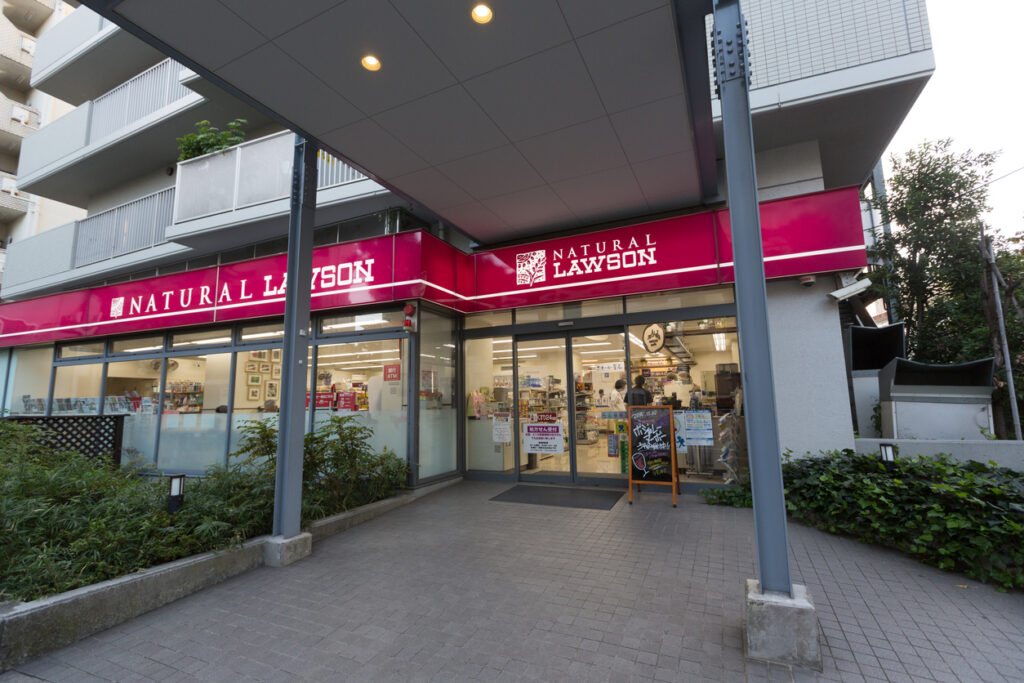 © Photo by iStock: winhorse
© Photo by iStock: winhorseThere are a few go-to supermarkets and food stores in Japan that all vegans should know.
- Natural House: An organic supermarket chain with a wider range of vegan ingredients and ready meals than mainstream supermarkets.
- Natural Lawson: A branch of Lawson convenience stores featuring products made from natural ingredients, including vegan snacks.
- Import and International stores: Stores such as Bio c’ Bon, Seijo Ishii, Kaldi Coffee and Jupiter Coffee are great places to find vegan snacks and ingredients.
- Online stores: Most of the above stores offer online shopping and home delivery, while websites like iHerb and Amazon Japan are also great places to source vegan food products.
Check out our article that introduces online shops to buy vegan food for more.
Supermarket Staples
 © Photo by iStock: Hakase_
© Photo by iStock: Hakase_When you’re unable to access a more vegan-friendly food store like the ones listed above, there are still plenty of vegan staples you can pick up at mainstream Japanese supermarket chains like Aeon, Seiyu and Gyomu Super. Here are a few plant-based food items you can stock up on at most Japanese supermarkets.
- Tofu and tempeh
- Mixed beans and nuts
- Soy milk, soy yogurt, soy ice cream
- Almond milk and oat milk
- Miso soup (check the label to make sure it doesn’t contain fish stock)
- Rice, noodles and pasta
- Fresh fruits and vegetables
- Soy sauce, mirin and wine vinegar
Ready-made/Pre-made Vegan Products
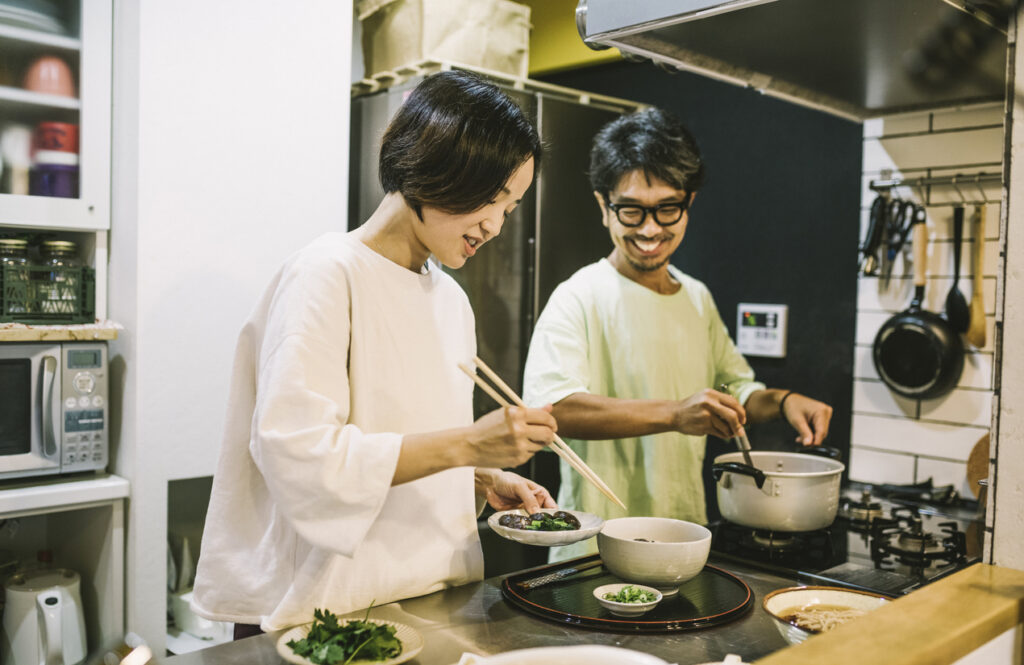 © Photo by iStock: visualspace
© Photo by iStock: visualspaceWhile home cooking is a necessary part of the vegan lifestyle in Japan, there will always be days when you don’t feel like making a recipe from scratch. It can be very difficult to find ready-made vegan foods outside of organic or import stores, but there are still a few plant-based meals, snacks and sides at most supermarkets that are suitable for vegans.
The blog Is it Vegan? Japan and the Facebook group Vegan Supermarket Finds in Japan are great resources for scouting these elusive vegan-friendly products. Here’s a roundup of some of the most widely available.
Curries
Japanese curries are a home-cooking classic, and many curry brands sell plant-based products. The easiest vegan curries to find are allergen-free varieties such as Curry Prince Vegetable and Chickpea Curry, which are aimed at children with allergies. If these are a little mild for your taste, you can always add a dash of S&B Spicy Curry Powder, which is widely available and completely vegan!
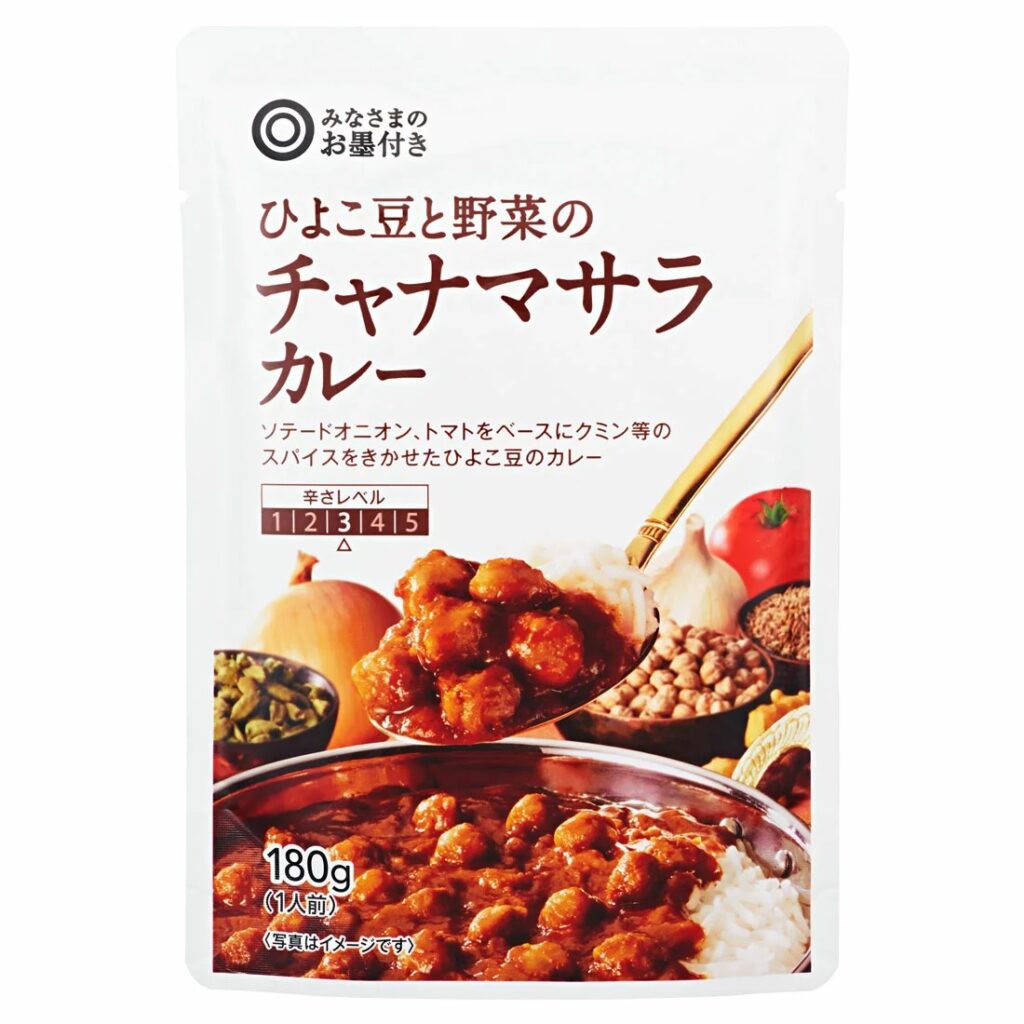 © Photo by Minasama Omitsuki
© Photo by Minasama OmitsukiMinasama Omitsuki Chickpea and Vegetable Chana Masala Curry | ¥192
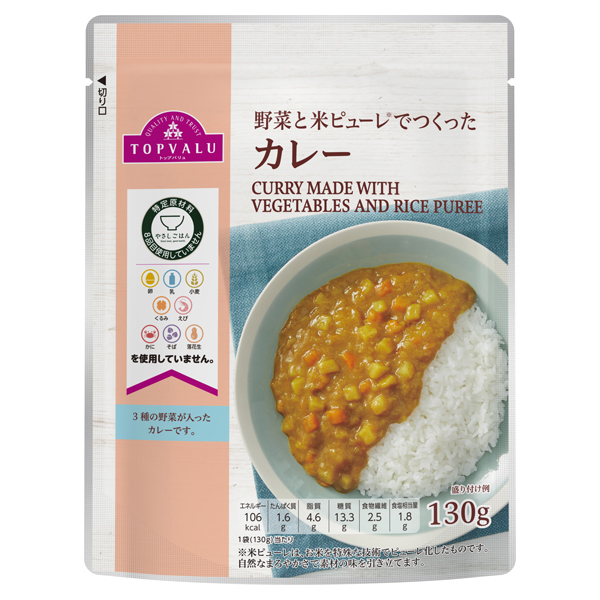 © Photo by Topvalu
© Photo by TopvaluTopvalu Curry Made with Vegetables and Rice Puree | ¥192
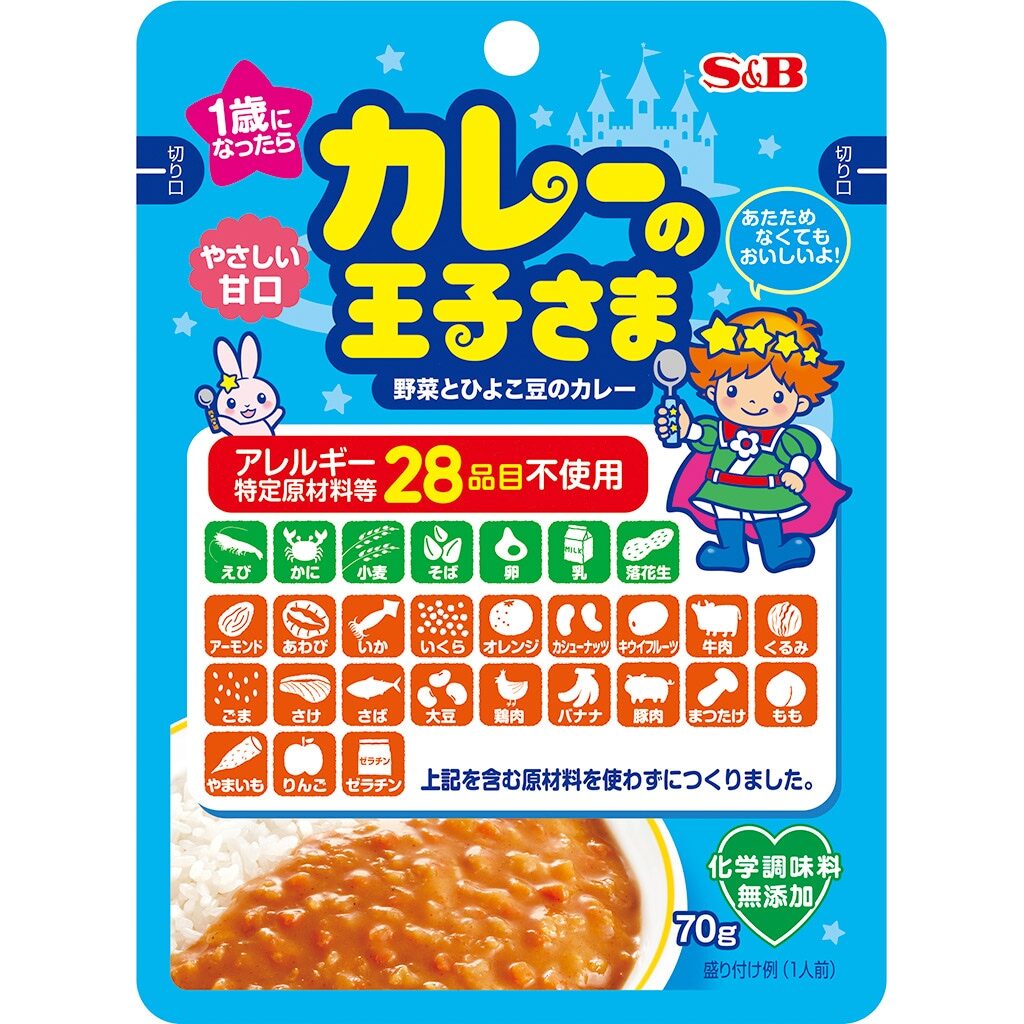 © Photo by S&B
© Photo by S&BCurry Prince Vegetable and Chickpea Curry | ¥140
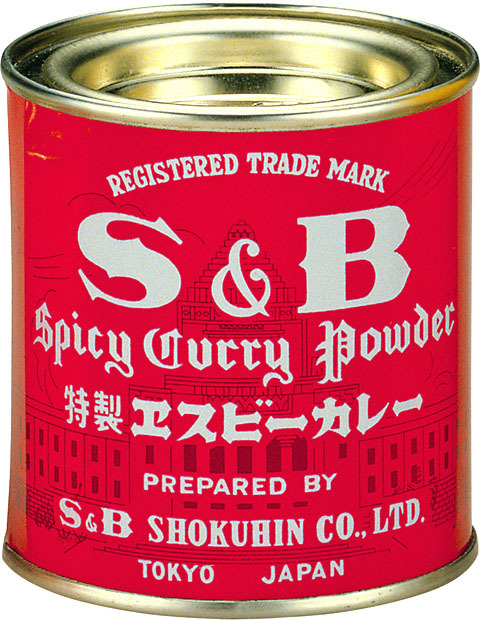 © Photo by S&B
© Photo by S&BS&B Spicy Curry Powder | ¥578
Pre-made Ingredients and Ramen
Vegan-ready meals are not always easy to find, but one exception is Japchae, a Korean dish of vegetables and glass noodles that is often totally plant-based. Miso ramen and soups can also be made without animal products, but be sure to check the packaging carefully. If full-ready meals aren’t available, you can sometimes find sauce packets that are suitable for vegans instead.
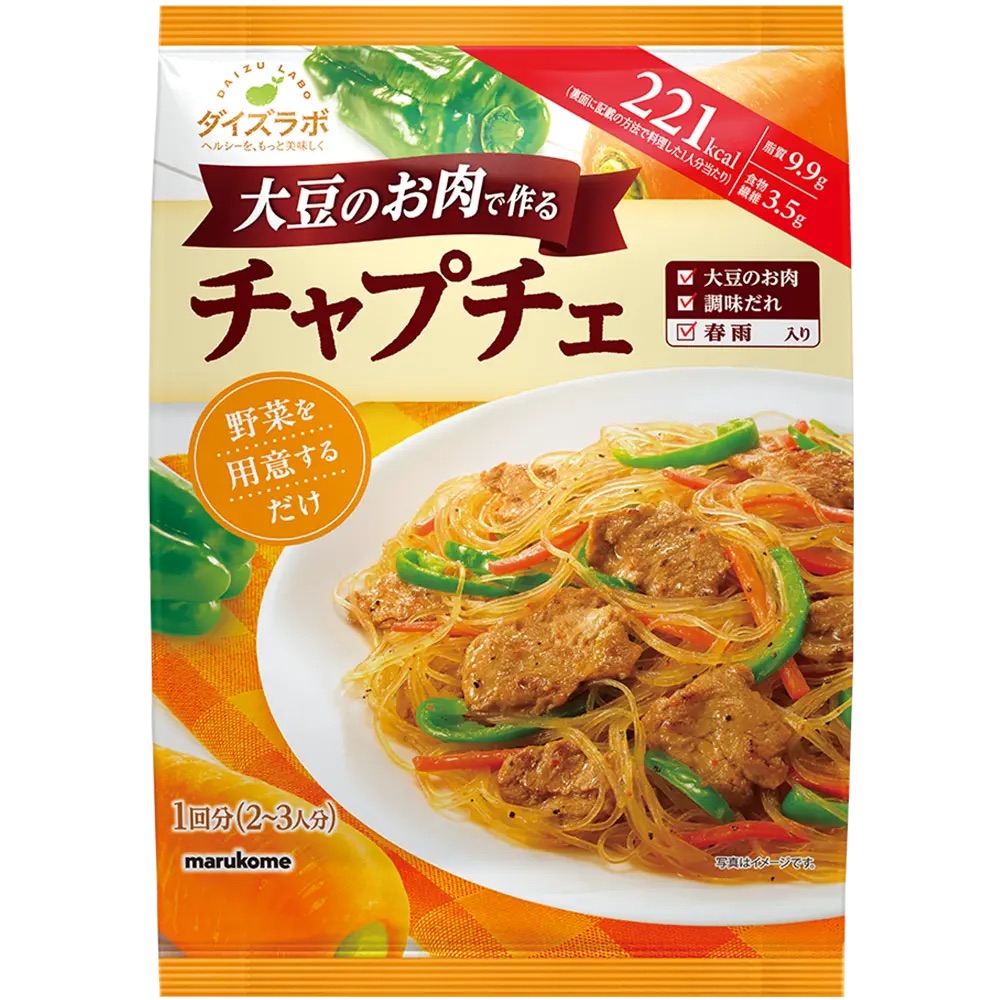 © Photo by Marukome
© Photo by MarukomeMarukome Daizu Labo Japchae | ¥410 approx.
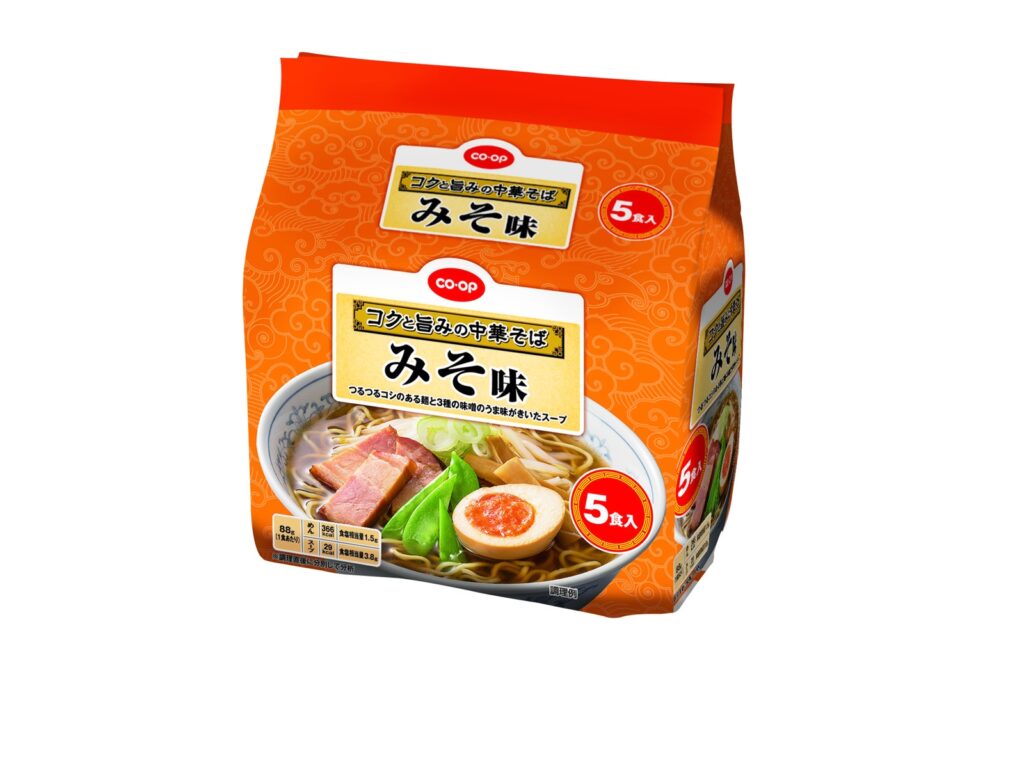 © Photo by Coop
© Photo by CoopCoop Miso Ramen | ¥267
Meat Substitutes
Soy meat is sold widely in Japanese supermarkets, but not all meat substitutes are created equal. Some are made with egg or other animal products, so look out for these totally plant-based alternatives.
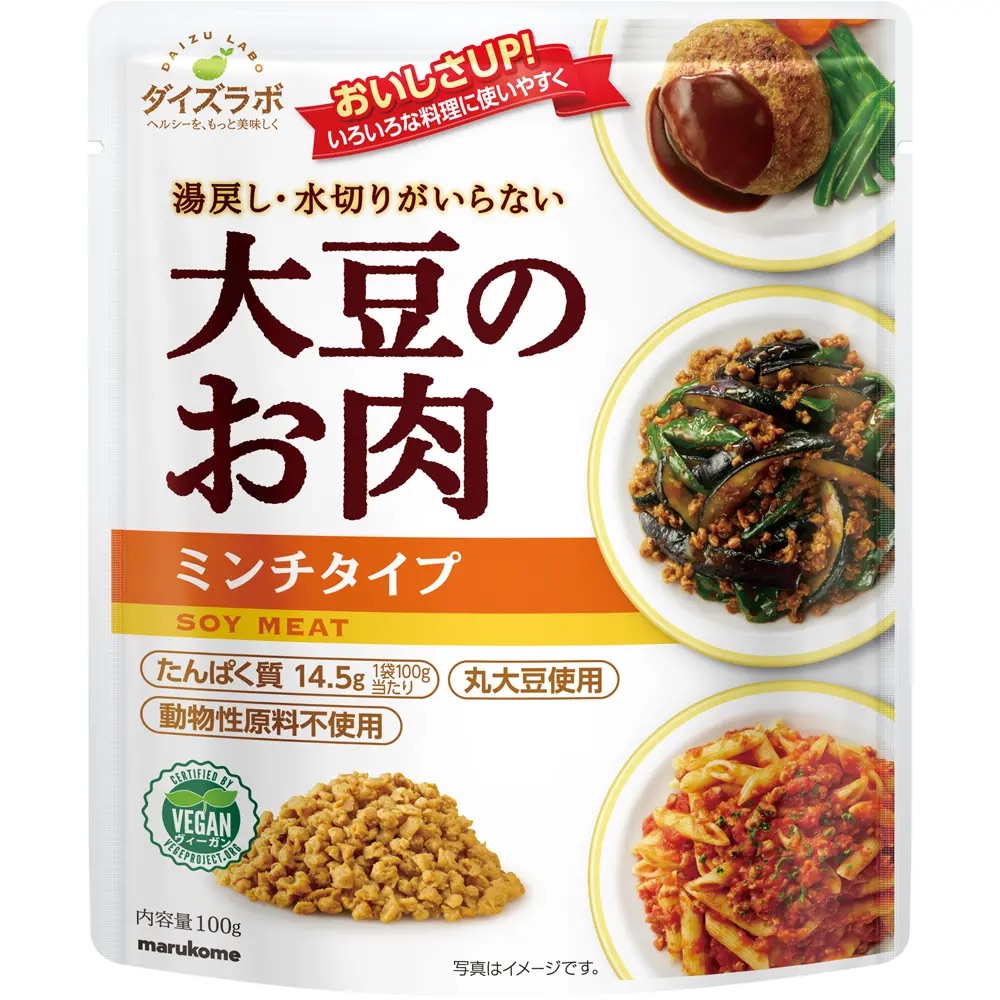 © Photo by Marukome
© Photo by MarukomeMarukome Soy Meat Mince Type | ¥300
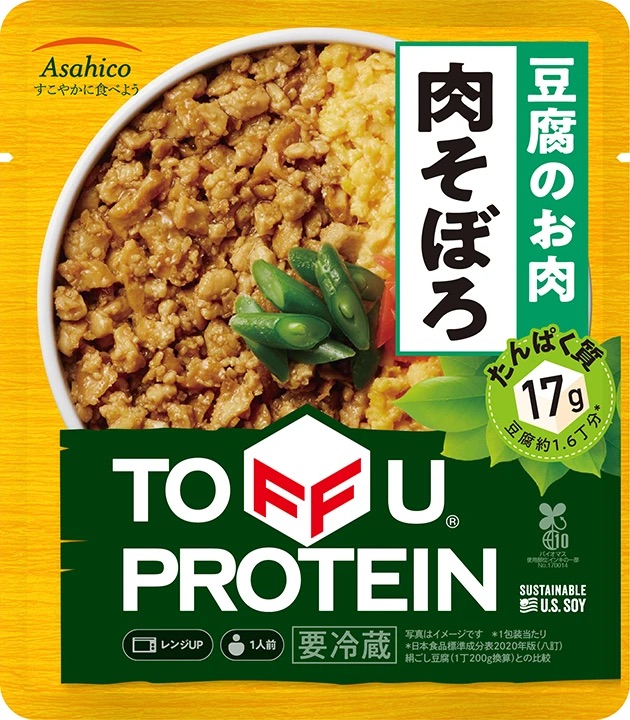 © Photo by Asahico
© Photo by AsahicoAsahico Tofu Protein Minced Meat | ¥321
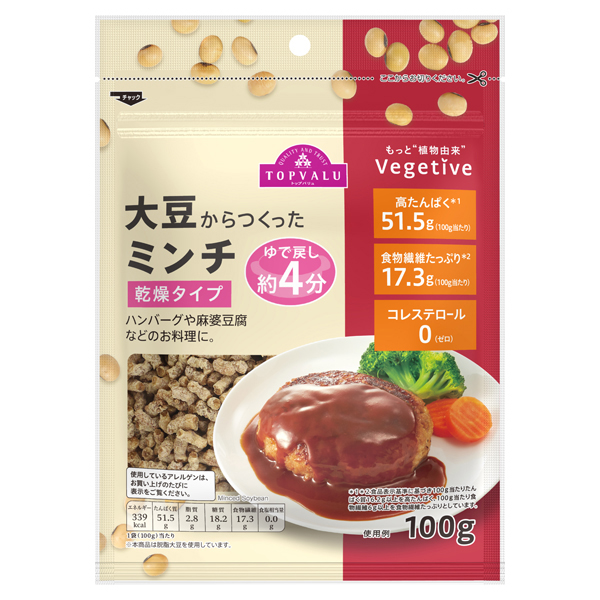 © Photo by Topvalu
© Photo by TopvaluTopvalu Vegetive Soybean Mince | ¥198
Pizzas, Naans and Tortillas
While vegan pizzas complete with toppings are rare in Japanese supermarkets, you can easily pick up a vegan pizza base and make your own, especially with Italian-style tomato sauces sold in most supermarkets and soy-based cheese alternatives on the rise. Vegan naan breads and tortillas are also easy to find.
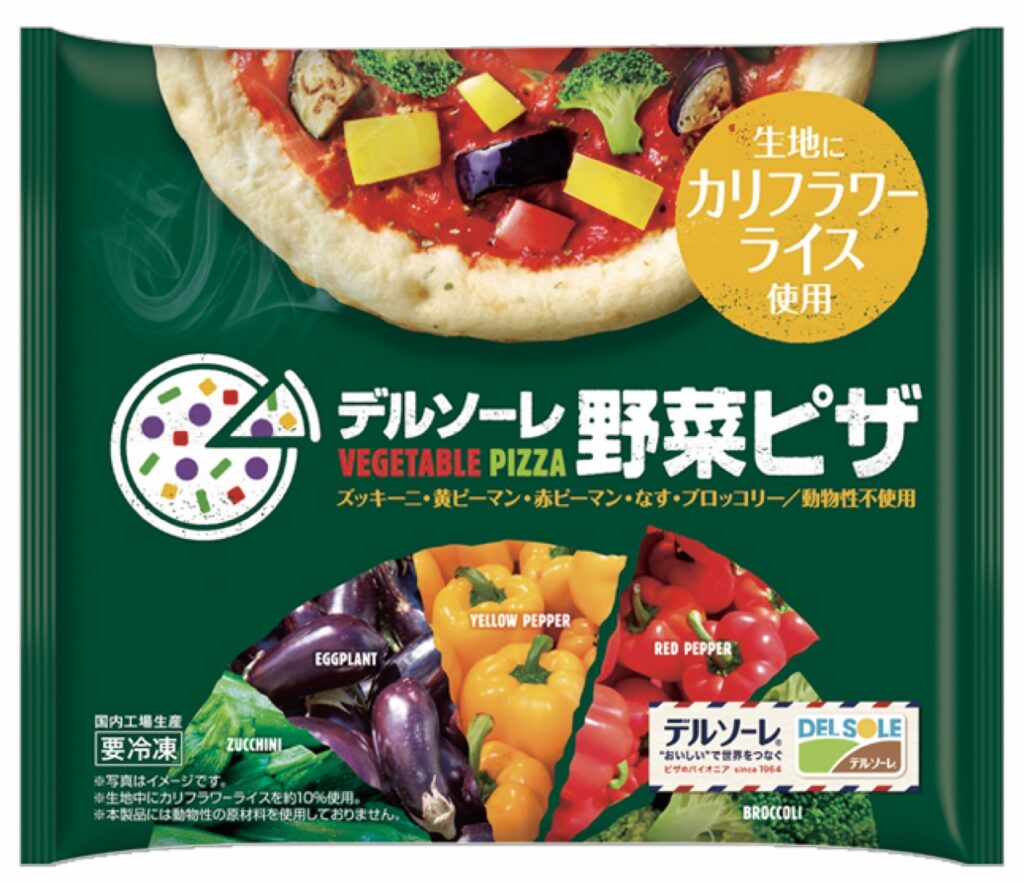 © Photo by Del Sol
© Photo by Del SolDel Sol Vegetable Pizza | ¥413
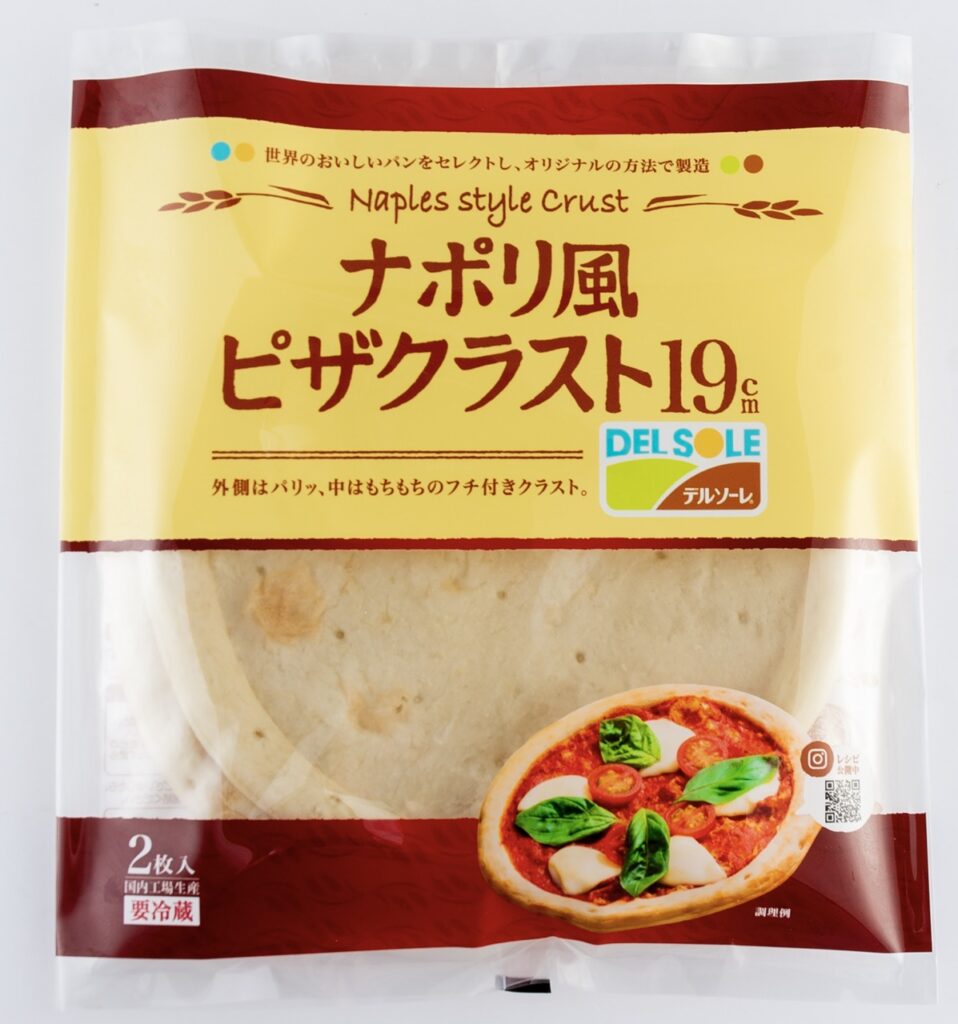 © Photo by Del Sol
© Photo by Del SolDel Sol Napoli Style Pizza Crust | ¥376
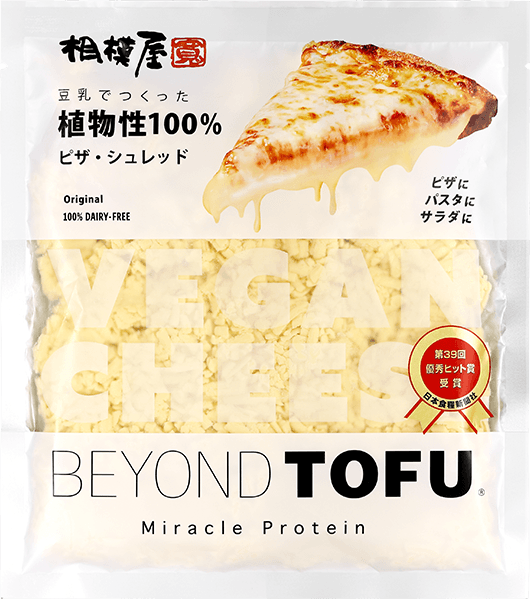 © Photo by Sagamiya
© Photo by SagamiyaBeyond Tofu Pizza Shred | ¥387
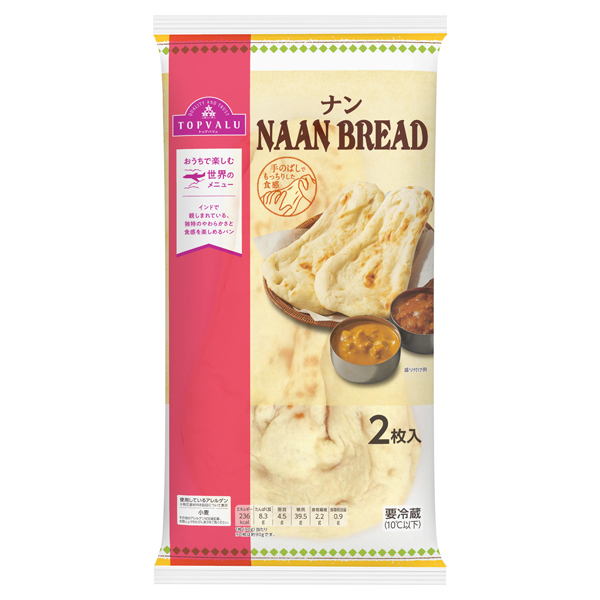 © Photo by Topvalu
© Photo by TopvaluTopvalu Hand Stretched Naan | ¥198
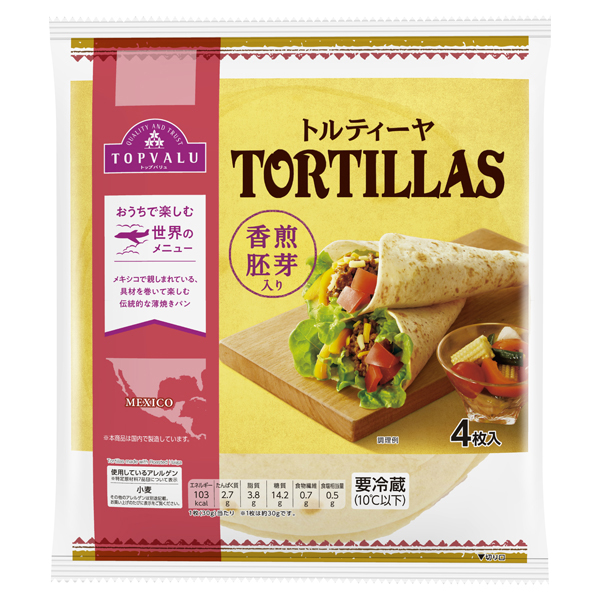 © Photo by Topvalu
© Photo by TopvaluTopvalu Tortillas | ¥258
Frozen Foods
You can find plenty of potato-based sides, such as French fries and hash browns, in the frozen aisles of most Japanese supermarkets. Some frozen mochi (rice cake) products are also suitable for vegans.
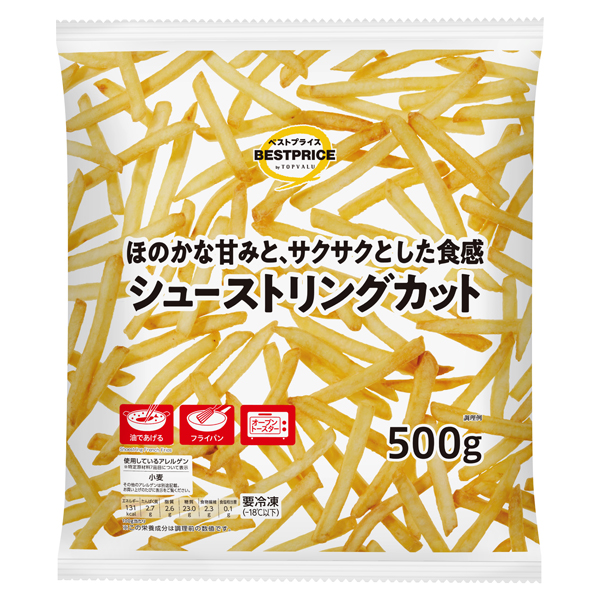 © Photo by Topvalu
© Photo by TopvaluTopvalu Shoestring French Fries | ¥348
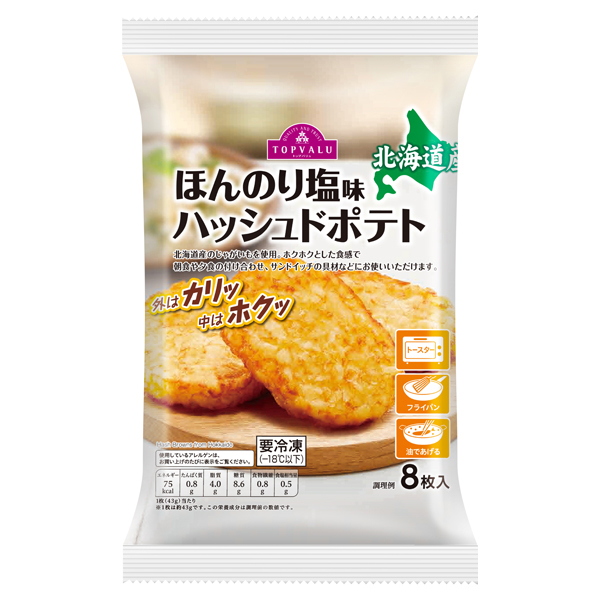 © Photo by Topvalu
© Photo by TopvaluTopvalu Lightly Salted Hokkaido Potato Hash | ¥321
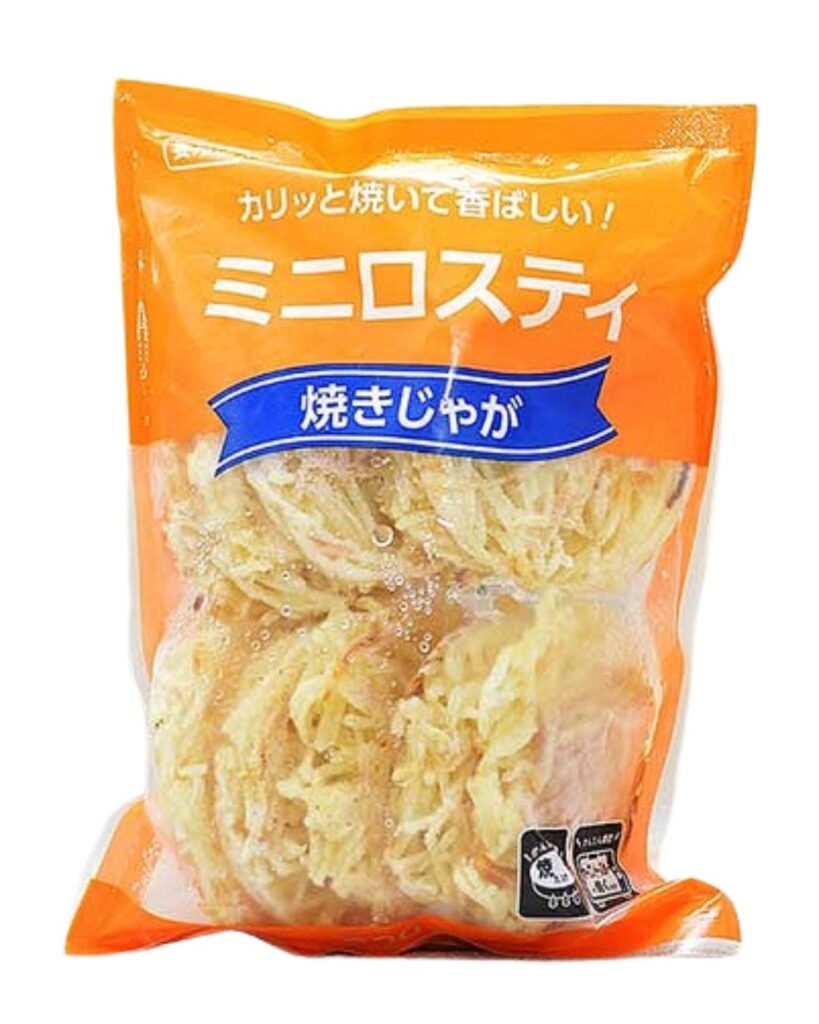 © Photo by Gyomu Supa
© Photo by Gyomu SupaGyomu Supa Mini Rosti | ¥250 approx.
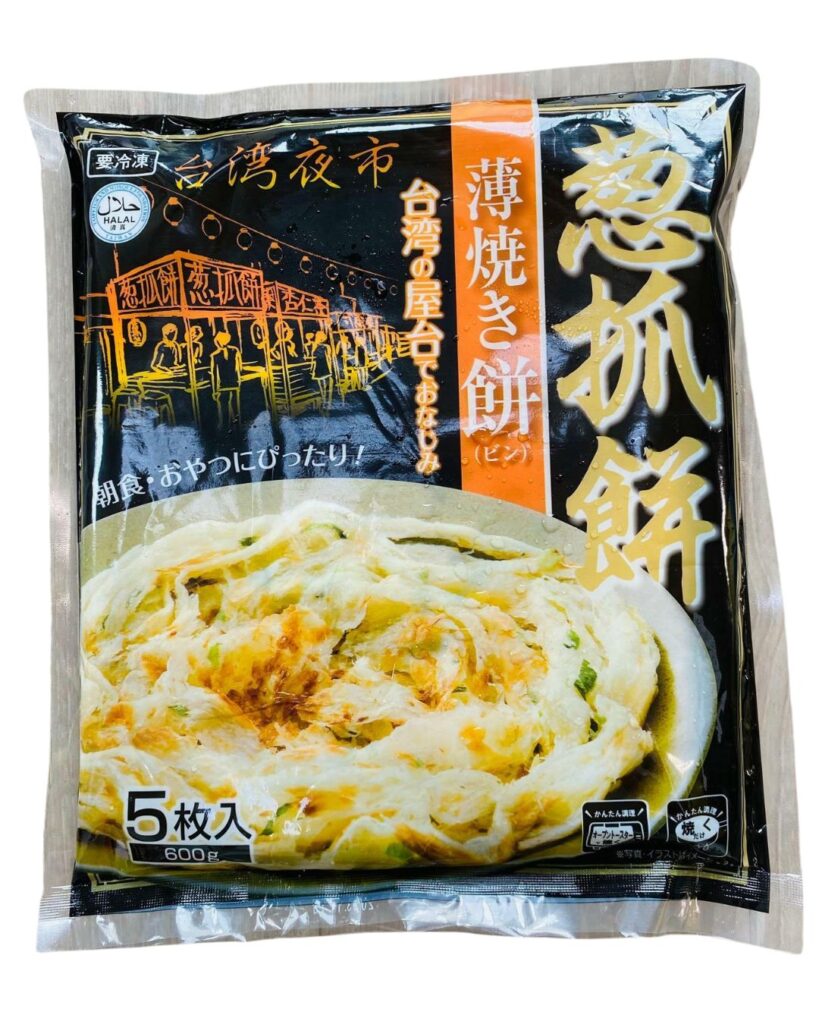 © Photo by Gyomu Supa
© Photo by Gyomu SupaGyomu Supa Thinly Baked Mochi with Spring Onion | ¥550 approx.
Snacks
Vegan snacks are plentiful at most Japanese supermarkets and convenience stores. Potato chips that are plain salted or nori shio (seaweed salt) flavor are usually vegan-friendly, along with mixed nuts, dried fruit and dried sweet potato sticks. Plant-based Soyjoy bars are also vegan (be careful to avoid the ordinary Soyjoy bars, which contain dairy), along with plenty of other sweet treats.
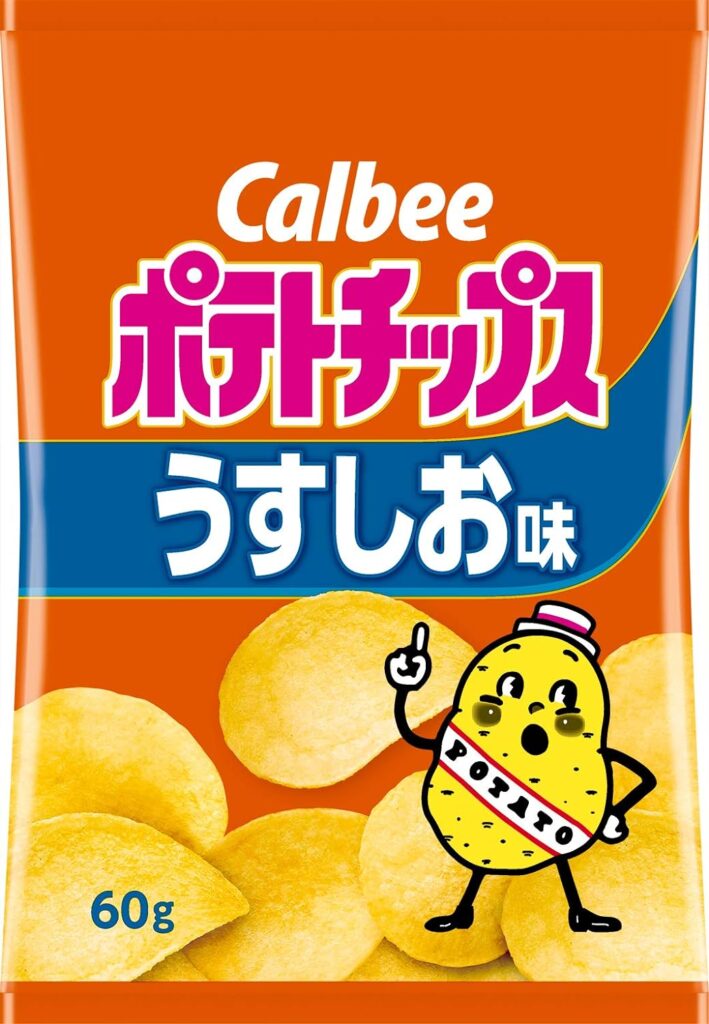 © Photo by Calbee
© Photo by CalbeeCalbee Lightly Salted Potato Chips 60g | ¥172
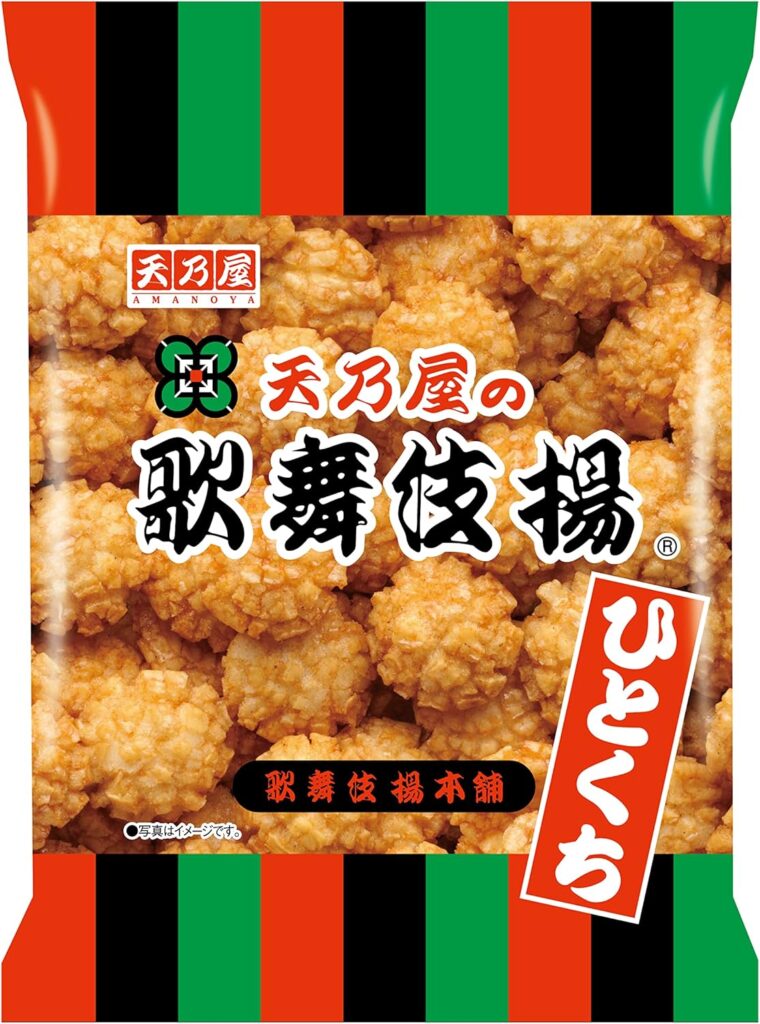 © Photo by Amanoya
© Photo by AmanoyaAmanoya Bite-Sized Kabukiage 72g | ¥108
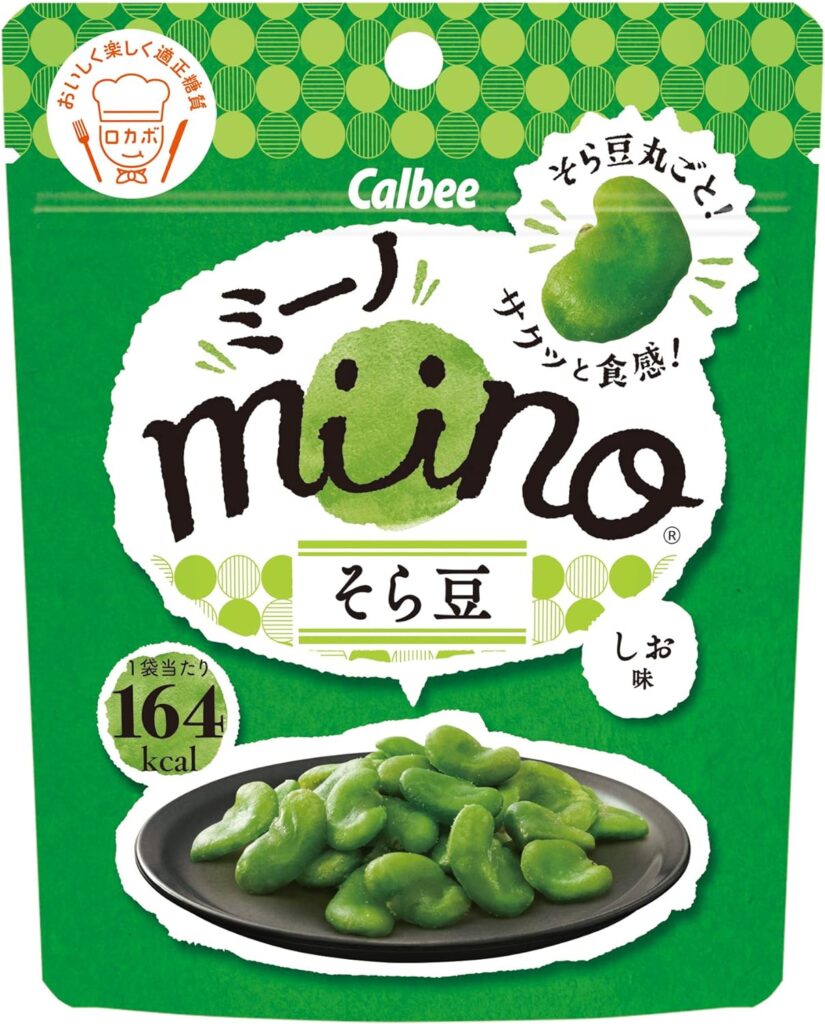 © Photo by Calbee
© Photo by CalbeeCalbee Miino 28g | ¥148
 © Photo by Soyjoy
© Photo by SoyjoySoyjoy Plant-Based | ¥130
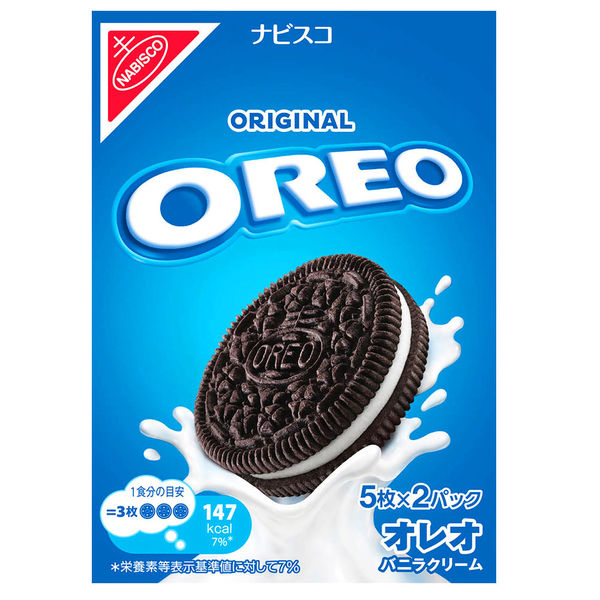 © Photo by Nabisco
© Photo by NabiscoNabisco Oreos 10 pcs | ¥178
Searching for vegan products in Japanese supermarkets can be daunting, but with the right resources and a little patience, you can find many great vegan ingredients.
